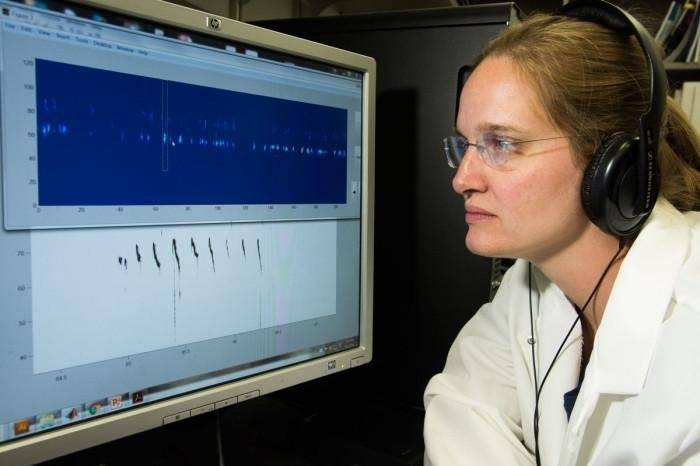Huh?
leave this space blank
A teacher, explaining biology to her 4th grade students, made the statement that human beings are the only animals that stutter. A little girl raises her hand and says "I had a kitty-cat who stuttered." The teacher, knowing how precious some of these stories could be, asked the girl to describe the incident.
The little girl says "I was in the back yard with my kitty and the Rottweiler that lives next door got a running start and before we knew it, he jumped over the fence into our yard!"
"That must've been scary," said the teacher.
"It sure was," said the little girl. "My kitty raised her back, went 'Ffffff! Ffffff! Ffffff' and before she could say 'Fuck!,' the dog ate her!"
The little girl says "I was in the back yard with my kitty and the Rottweiler that lives next door got a running start and before we knew it, he jumped over the fence into our yard!"
"That must've been scary," said the teacher.
"It sure was," said the little girl. "My kitty raised her back, went 'Ffffff! Ffffff! Ffffff' and before she could say 'Fuck!,' the dog ate her!"


 That is just so wrong.
That is just so wrong.